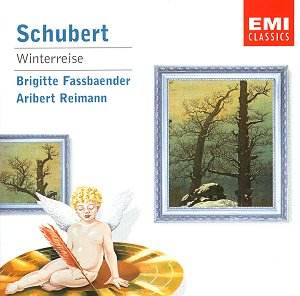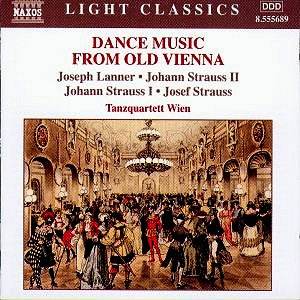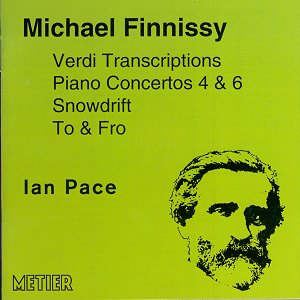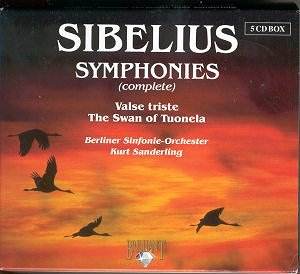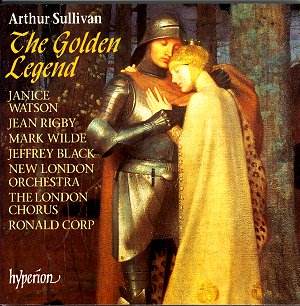 Composer: Arthur Sullivan
Composer: Arthur Sullivan
Works: The Golden Legend
Performers: Janice Watson (soprano), Jean Rigby (mezzo-soprano), Mark Wilde (tenor), Jeffrey Black (baritone), Jonathan Brown (tenor)
Recording: All Saints Church, Tooting, London, February 2001
Label: Hyperion CDA67280
Arthur Sullivan, primarily celebrated for his collaborations with W.S. Gilbert, often finds his more serious works overshadowed by the effervescence of the Savoy operas. “The Golden Legend,” a cantata premiered in 1886, stands as a testament to his ability to transcend the limitations of light opera, revealing a profound depth influenced by both Romantic ideals and Victorian moral sensibilities. Based on Henry Wadsworth Longfellow’s narrative poem, it intertwines themes of sacrifice, redemption, and divine grace, yet remains curiously neglected in the concert repertoire. This recent recording by Hyperion, featuring the New London Symphony Orchestra under Ronald Corp, provides a fresh opportunity to reassess this work’s merits.
The performance is marked by a sensitivity to Sullivan’s orchestral palette, which reflects a burgeoning maturity that hints at the influences of Mendelssohn and Berlioz. Corp’s direction allows the music to breathe, particularly in the lyrical passages where Sullivan’s gift for melody shines most brightly. The orchestration, particularly in the vivid depiction of the supernatural, achieves a delicate balance that enhances the narrative without overwhelming the text. The opening chorus, imbued with a sense of expectancy, sets the tone for a work that oscillates between the sacred and the secular, each transition executed with careful attention to dynamics and phrasing.
Vocal performances are a pivotal aspect of “The Golden Legend,” given its reliance on soloists to convey the emotional weight of the narrative. Janice Watson’s portrayal of Elsie is particularly noteworthy; her voice, while showing signs of wear, retains a purity that is essential for the character’s virtuous nature. The climactic moment in the final scene, where Elsie contemplates her fate, is delivered with a haunting quality that resonates deeply. Mark Wilde’s tenor is commendable throughout, capturing the nobility of Prince Henry with a lyrical ease reminiscent of Richard Lewis. However, the character of Lucifer, as interpreted by Jeffrey Black, lacks the necessary dramatic gravitas, resulting in an interpretation that feels somewhat one-dimensional against Sullivan’s more nuanced scoring.
The engineering of this recording merits commendation. The acoustic of All Saints Church lends a warmth that enhances the choral textures, allowing for clarity without sacrificing richness. The London Chorus displays exemplary diction, particularly in the unaccompanied motets, “O gladsome light” and “O pure in heart,” where the intimacy of the performance shines. However, the lower voices—particularly in the expansive finale—could benefit from greater power, a shortcoming that slightly diminishes the impact of the concluding section, “God sent His messenger the rain,” where a more robust bass presence would provide a counterbalance to the soaring sopranos and tenors.
As a recording of “The Golden Legend,” this Hyperion issue stands out as an essential addition for those interested in the broader scope of Sullivan’s oeuvre. While it may not completely eclipse the vivid memories of live performances, such as David Lyle’s celebrated rendition from Edinburgh, it invites listeners to appreciate the cantata’s unique place within the choral repertoire. The work’s emotional depth, coupled with Sullivan’s melodic inventiveness, ultimately rewards those willing to delve beyond the confines of his more familiar comic works. This recording is a fine tribute to a composer whose serious ambitions deserve to be celebrated with the same fervor as his lighter creations.
